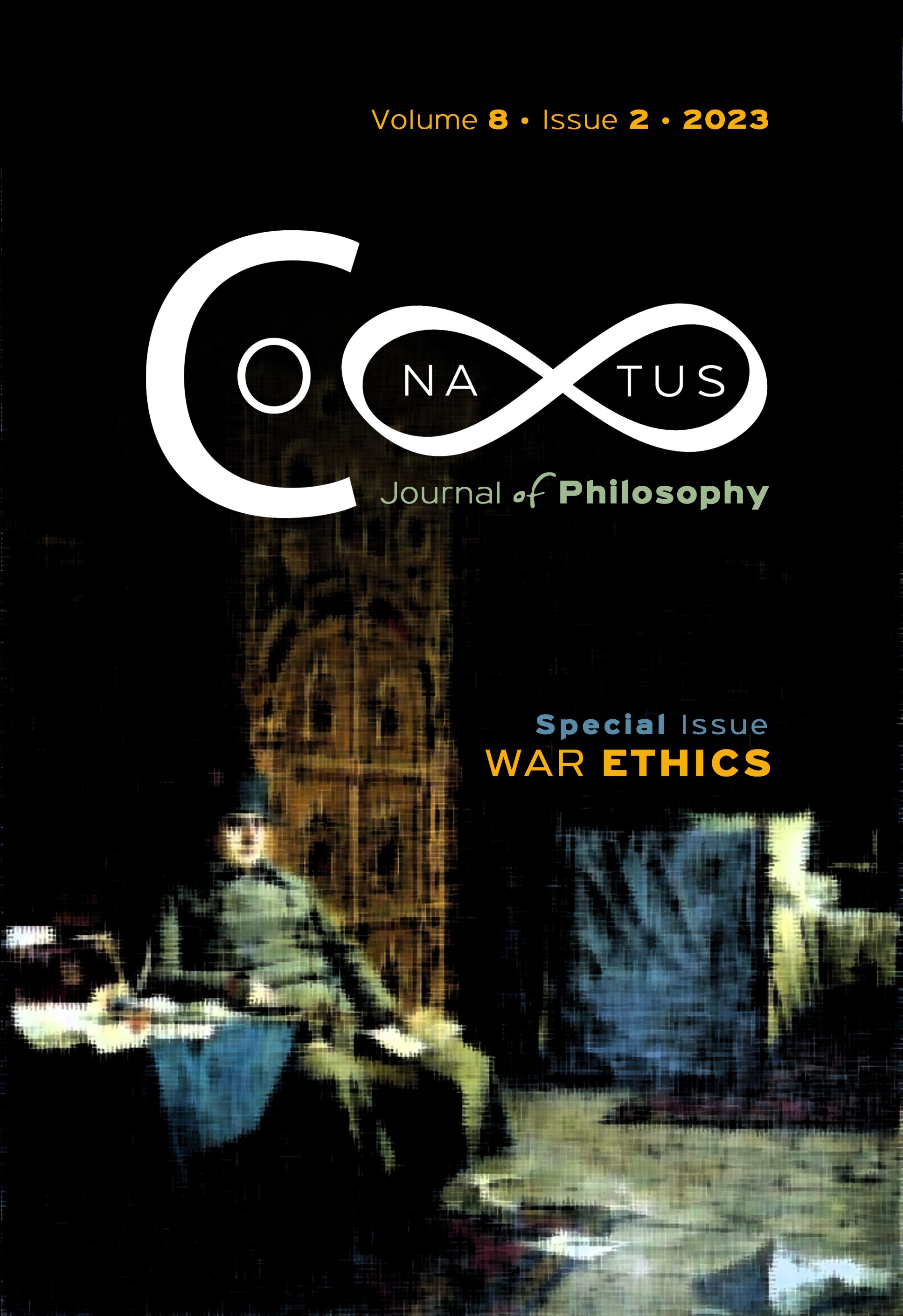Killing and Dying for Public Relations

Abstract
My starting point is the first major American military action in World War II in Europe, “Operation Torch.” The action was controversial because the American military regarded it as militarily useless, if not counterproductive. But the military was overruled by President Roosevelt on the grounds that, while it was not militarily necessary, it was politically justified. This indifference to military necessity seems to violate standard rules about the legitimacy of military force. The larger question it raises is the relation between military concerns and political ones in warfare. Much of this essay explores the relation between these two dimensions in war: the military dimension and the political dimension. I argue that the second dimension is the most important one, as well as the most problematic one for the legitimacy of war. Yet it is ignored by standard just war theories. I then return at the end to consider again the problems raised by “Operation Torch,” and especially the question of the harms inflicted on a country’s own soldiers – in the name of killing and dying for public relations.
Article Details
- How to Cite
-
Ryan, C. (2023). Killing and Dying for Public Relations. Conatus - Journal of Philosophy, 8(2), 521–543. https://doi.org/10.12681/cjp.35288
- Section
- Articles
- Categories

This work is licensed under a Creative Commons Attribution-NonCommercial 4.0 International License.
Authors who publish with this journal agree to the following terms:
Authors retain copyright and grant the journal right of first publication with the work simultaneously licensed under a Creative Commons Attribution Non-Commercial International License (CC BY-NC 4.0) that allows others to share the work with an acknowledgement of the work's authorship and initial publication in this journal.
Authors are able to enter into separate, additional contractual arrangements for the non-exclusive distribution of the journal's published version of the work (e.g. post it to an institutional repository or publish it in a book), with an acknowledgement of its initial publication in this journal.
Authors are permitted and encouraged to post their work online (preferably in institutional repositories or on their website) prior to and during the submission process, as it can lead to productive exchanges, as well as earlier and greater citation of published work.





